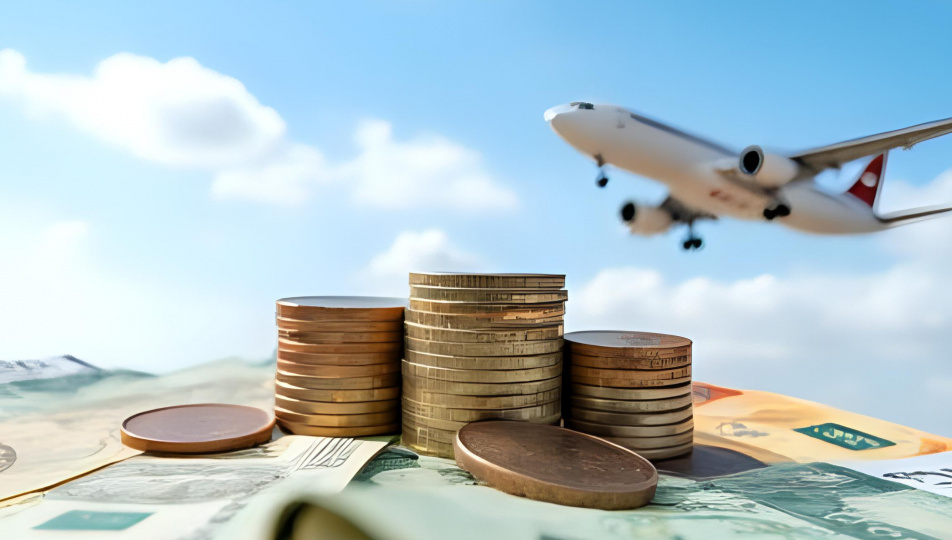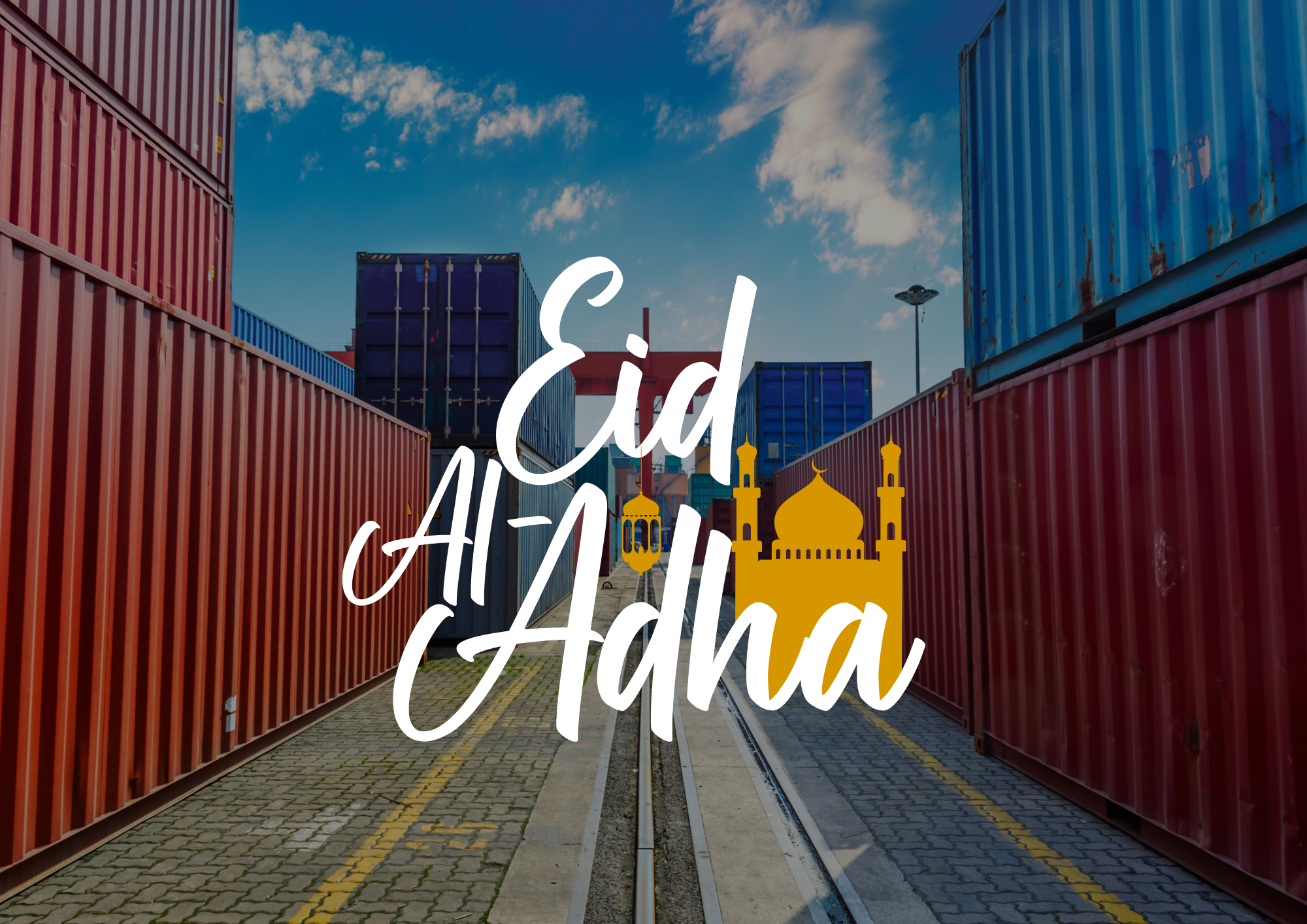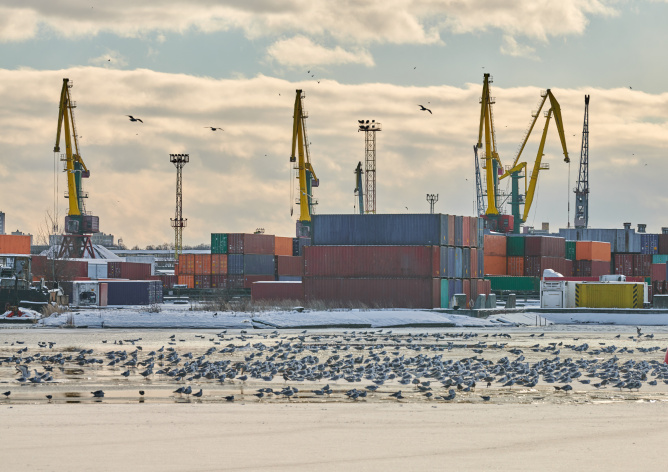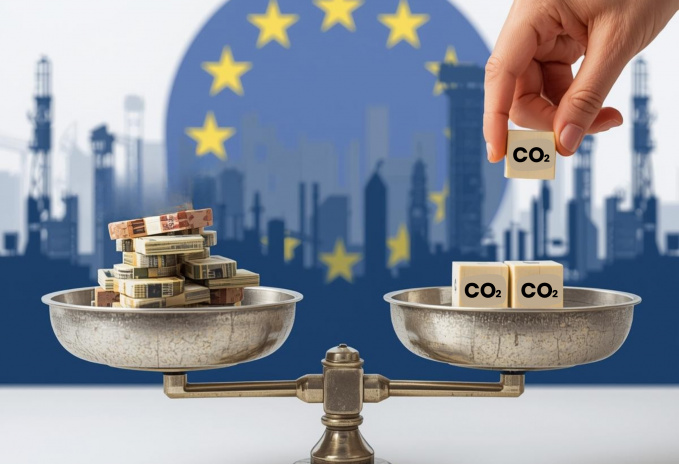In Bangladesh and other Muslim countries (e.g. Jordan, Indonesia, UAE) they are preparing the Eid Al Adha, the feast of sacrifice.
Please be aware that supplier and agent offices may be closed as this is one of the two most important Muslim holidays. The official holiday is set differently in each country. One of the longest will be in Bangladesh, where our agent reports offices will be closed from June 5 to June 14, 2025.
Here, only positives and social security. Demand is rising globally, but so is capacity and rates are stable. And specifically in the export direction to Asia and the Middle East, or import from the USA, even still very attractive and low!
The range of services from China, for example, is growing, is quite diverse and offers a variety of solutions in terms of time and cost. Be it the various airline promotions that we keep a close eye on for you or our own PSA BDP solutions from the Guangzhou area. So here too, despite the aforementioned Dragon Boat Festival, the situation is favourable and should not change for the time being.
However, the US market in particular is expecting some rate increases due to increased demand. The latter is currently taking advantage of the favourable situation in terms of import tariffs and orders for new mobile phones in particular may fill up planes in the summer (estimates speak of mid-August) and as a result prices may change upwards substantially.
RAIL TRANSPORT FROM THE FAR EAST
On rail, with a certain amount of leniency and to a certain extent, the proportion that transit time decreases as the temperature rises and vice versa applies. So as the warmer days arrive, we are seeing the train service return to the values we expect from it with transit times. So roughly 14 days terminal to terminal) and 30-25 days door to door. The southern route has already thawed and released the back-log that built up in the ports over the winter and is thus ready for goods that can't or won't go via Russia and Belarus. We are not seeing any delays now.
Of course, the market has recognised this, demand has increased and this has warmed prices slightly. This is mainly due to the availability of containers and therefore the increase in charges for their use.
As with air freight, there is variability in service. Primarily we try to offer the most reliable ones with no or minimal delays on departure, as we assume that is what you are looking for in train transport. This is currently most closely matched by the Xian terminal. The Wuhan terminal, on the other hand, is now fulfilling what we call the “economy” solution. That is, even a week's delay on departure, but a much more affordable price. It is precisely because of the lower price that this terminal is simply more crowded. It is then up to you which option you prefer, we are happy to offer you both (and more).
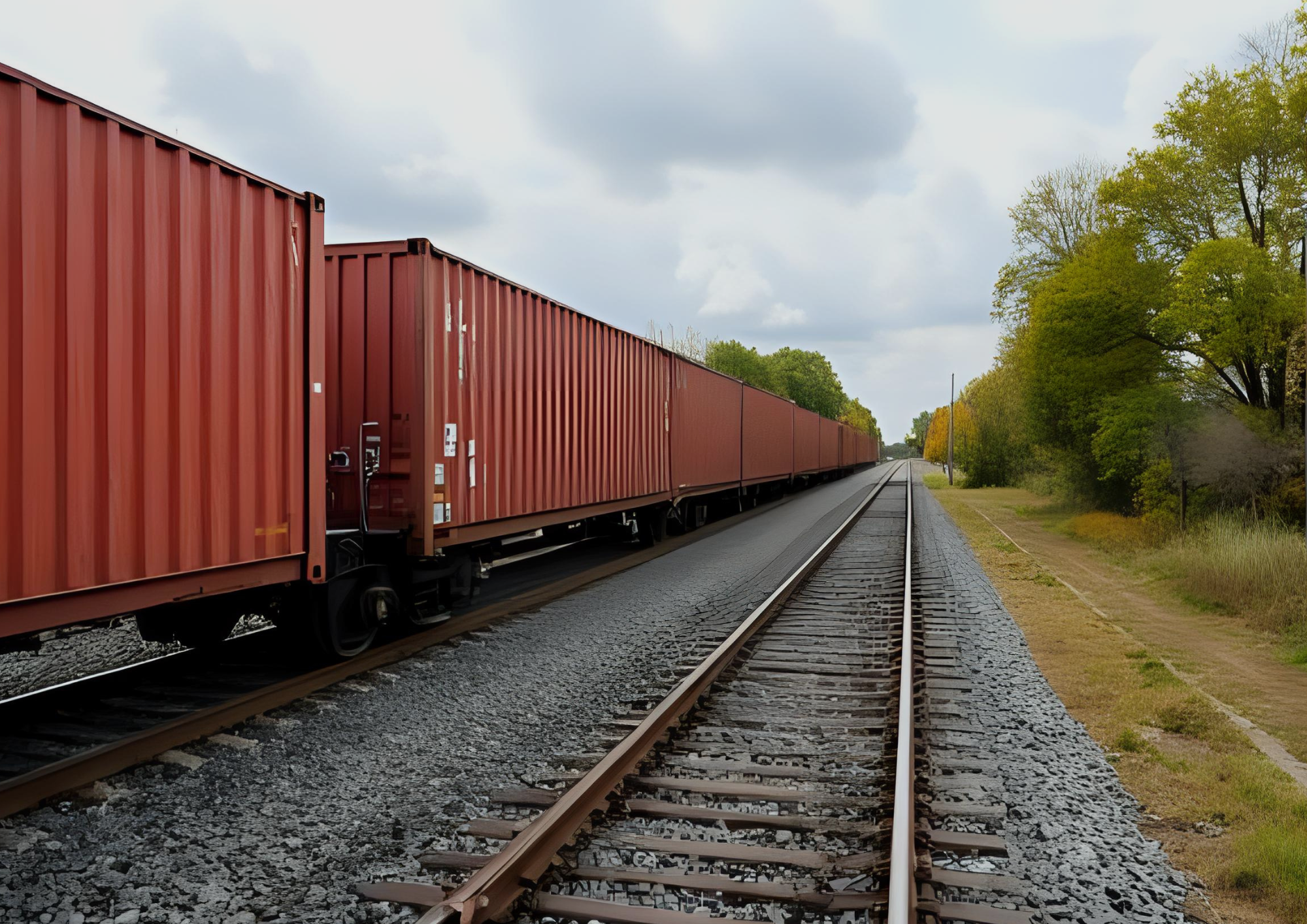
OCEAN TRANSPORT AND PORT CONGESTION
As we mentioned in the introduction, it seems that the shipping of Christmas goods from the Far East has begun. Or at least the first waves. Shippers have flooded under June prices in anticipation of just such a recovery. As a result, we are seeing the usual situation where part of the market is not trusting and counting on prices falling back. However, this is not happening yet as the shipowners are reporting full boats. We are also witnessing situations where a shipowner sees that his ship is filling up quickly below the spot price offered and does not hesitate to close it and later reopen it with a price adjusted accordingly.
It is not only on the Asian-European tradelane that boats are filling up.
The US market is now quickly taking advantage of the favourable situation where tariffs are suspended, because the situation around the tariffs is changing by the minute and traders cannot be sure of anything. We are almost hesitant to write that the Court of Appeals has reinstated the tariffs previously struck down by the Federal Court, because at the time of publication everything may be different again. Other reports say that the appeals court merely stayed the federal decision pending clarification.
In practice, this means feverish ordering and demand on the China-U.S. or transpacific line is filling ships. So much so, in fact, that shipowners are starting to cancel blank sailings, calling in ships previously diverted elsewhere. And you don't exactly have to be a logistics expert to sense what's going to happen when those volumes arrive in the U.S. Yes, U.S. ports and logistics experts, expect congestion. How big is anybody's guess, but the ships waiting outside ports and the missing containers and the implications for the global supply chain are still remembered by many from previous similar situations.
European ports are not waiting and are already under severe congestion. In a previous newsletter we reported on the blockage at the CTB terminal, now we are looking at the serious situation at Bremerhaven where containers are waiting up to 14 days for removal, but reports are talking about congestion across all ports from Rotterdam, to Antwerp, Bremerhaven and Hamburg.
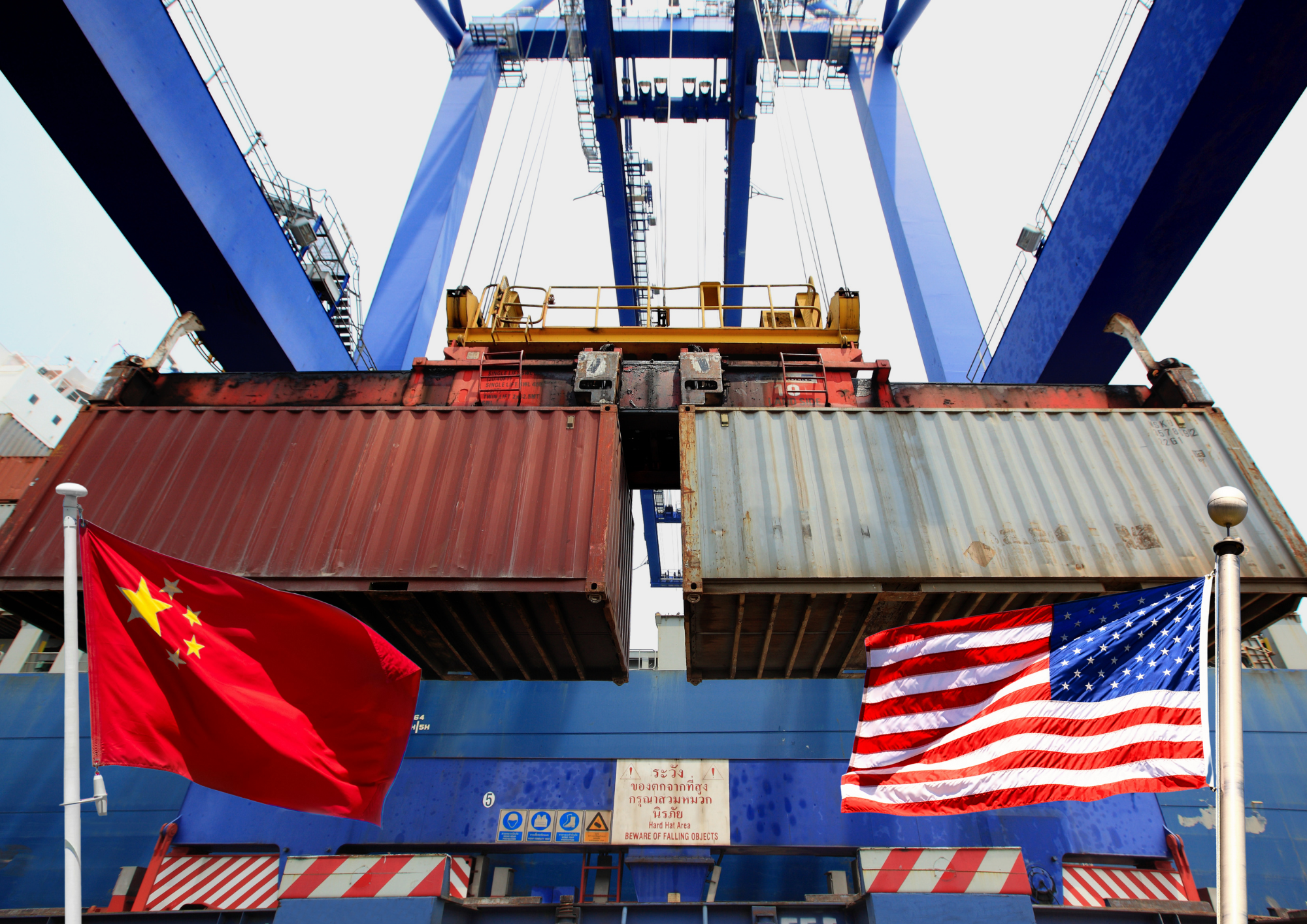
The situation from Hamburg will certainly not be helped by the complete closure of the Bad Schandau - Pirna route from 29 June to 4 July and the subsequent full closure of Hamburg Waltershof station, which will stop access and service to the CTA, CTB and Eurogate terminals from 4 July to 8 July. All trains should therefore be cancelled and congestion will only increase.
Bloomberg reports that this situation is expected to last throughout July at European ports.
Let us hope their optimism works, because from August onwards we are going to see more major rail repairs and, given the increasing volume of incoming goods, we cannot expect any significant turn for the better.
And we had some good news for you, as the shipowners report that the changed services have started to stabilize and reliability has increased after the realignment of alliances. Transit times have decreased as a result. Unfortunately, only at sea so far. Waiting outside European and prospectively American ports, however, will at least halt the trend.
In other positive news, the Houthis have declared that they will not attack commercial ships that are not docked in the port of Haifa. Thus, after 18 months, the canal appears to be free. On the other hand, much has been said and the shipowners will be so careful before they return to Suez. Apart from the credibility of such statements, this has to be taken into account in the threat of worsening congestion in European ports and thus the services that have slowly begun to stabilise in the Africa circumnavigation regime. Nevertheless, the first swallows are here. We are finding out which services and ships could and should pass through Suez and bring you at least a partial reduction in transit time.
NINGBO - express service
You also ask us how it is with the fast service from Ningbo. This is still in its development phase, with another ship currently sailing to Europe. Its size is 2600 TEU, roughly 10 times smaller than the current standard of container ships. However, this is what allows her to sail fast and direct. According to our sources, there are plans to gradually increase the ship's capacity to about 5,000 TEU.
However, what we are looking for above all is regularity and clear conditions, just as we once looked for similar parameters for the train service from China. There, too, there were first comprehensive trains for large companies, but irregularly. For the standard importer, it was more of a coincidence to hit a week when the train was leaving and there was room on it. But look at how the service works now and we believe this type of fast service might just catch on. It is close in time to the railroad just mentioned.
CBAM AND GOOD NEWS AT LAST
The EU exempts around 90 percent of companies from having to collect CO₂ charges from border settlements on certain goods imported from countries with less stringent climate protection requirements. The European Parliament voted in favour of the corresponding proposal last Thursday.
The amended law introduces a de minimis limit of 50 tonnes per year - excluding hydrogen and electricity. This would exempt especially small and medium-sized enterprises and individuals who import only small quantities of goods, according to the EP. However, the CBAM's environmental targets remain achievable, as 99% of total CO₂ emissions from imports of iron, steel, aluminium, cement and fertilisers should continue to be recorded.
We will keep you posted on what this will mean in practice and what level of reporting in the system will continue to be required as reports talk about the waiving of the levy. As well as the date from which the amendment will come into force.
